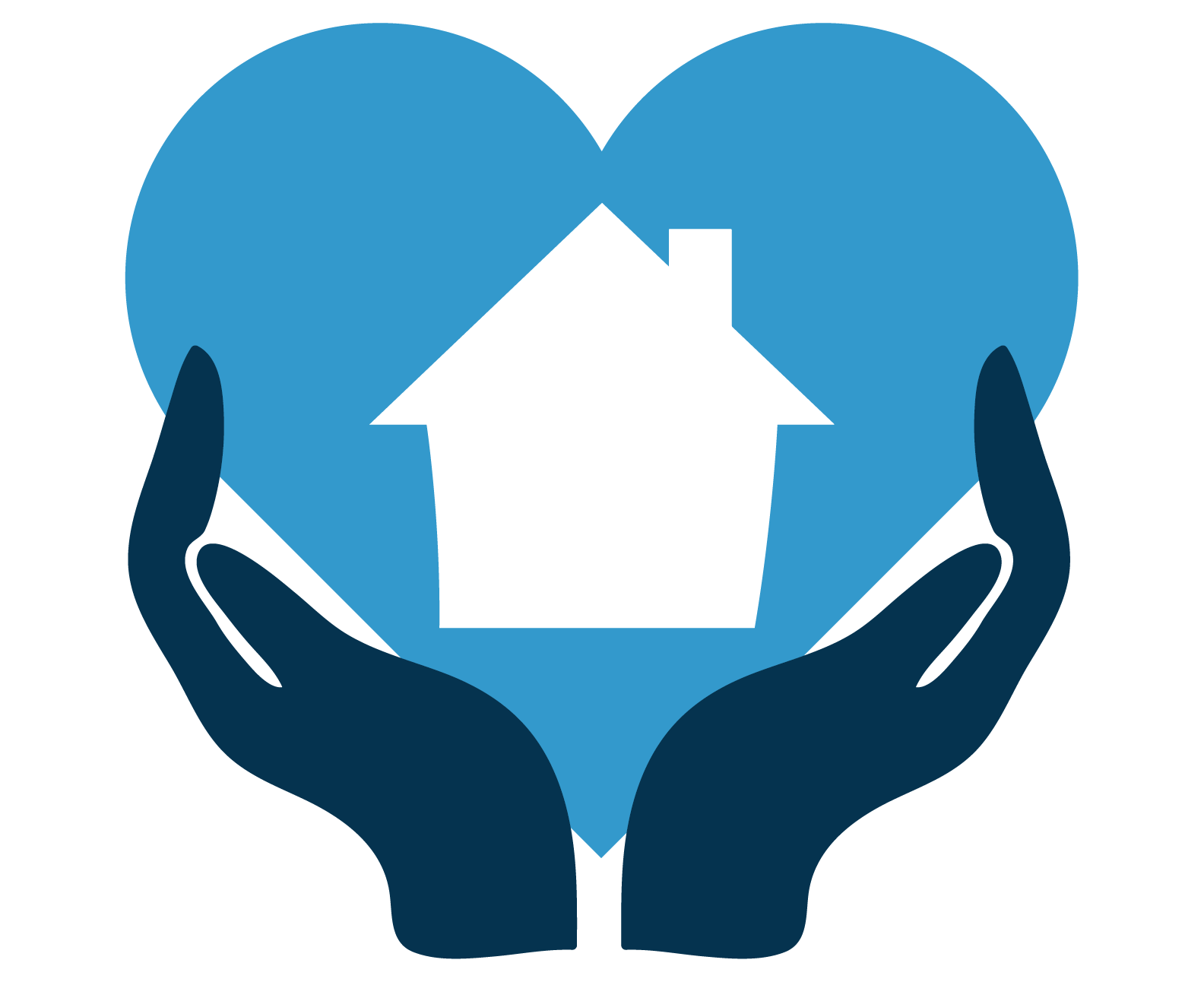In case you missed our 25th Annual Meeting, here’s a copy of our history that was printed in the program booklet.
Celebrating 25 years of pro bono legal services for nonprofits and homeless individuals
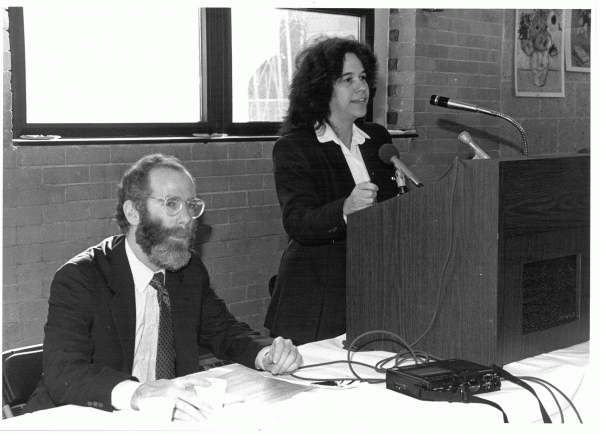
The Lawyers Clearinghouse has been bringing unlikely parties together since 1988. Its formation united lawyers from top Boston law firms to work for a common cause and marked the first time the Massachusetts Bar Association (MBA) and the Boston Bar Association (BBA) co-sponsored a project.
The Clearinghouse mission was bold: Tap into the reservoir of talented Massachusetts lawyers to help address homelessness and the lack of affordable housing through pro bono work. It was to act as a matchmaker, bridging attorneys with expertise in real estate, corporate law and tax law with nonprofit clients that dealt with matters of housing and homelessness.
Twenty five years later, the Clearinghouse has adapted its mission and expanded the scope of its services while retaining key characteristics that have made it a successful model for similar organizations throughout the United States.
The Clearinghouse is now the primary provider of legal services to Massachusetts nonprofits. It provides a unique pro bono opportunity to non-litigators, matches nonprofits with pro bono lawyers, puts on about two dozen nonprofit legal workshops each year and sponsors a legal clinic for the homeless at four area shelters. Through these activities, the Clearinghouse leverages nearly $5 million in donated legal services annually on a budget of just $250,000.
Clearinghouse Beginnings: Addressing an Affordable Housing Crisis
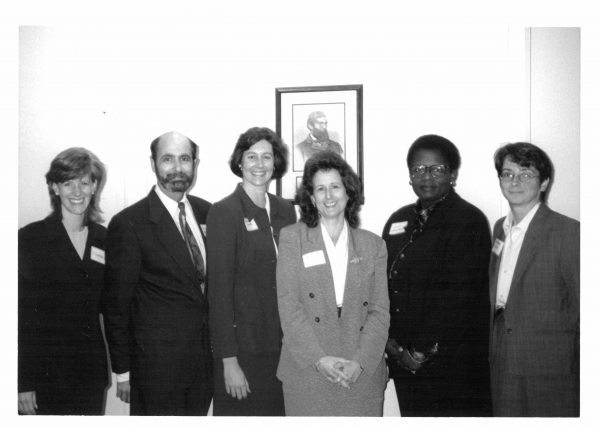
It is hard to pinpoint exactly when and where the idea for the Clearinghouse came about. That is because the story of its origins resembles a Venn diagram rather than a linear timeline.
“The Lawyers Clearinghouse was born out of the confluence of discussions around two critical issues of the time: the need for creation of affordable housing, shelters, and creative solutions to rising homelessness, and the desire of the bar to create opportunities for lawyers,” said Arlene Beth Marcus, a Clearinghouse co-founder.
At roughly the same time that the BBA established a pro bono referral service for community groups in need of representation, the MBA’s Task Force on the Homeless was presenting a workshop, titled “Homelessness in Massachusetts—How Lawyers Can Help,” and was working on a similar referral service of its own. Meanwhile, an ad hoc group of lawyers began discussing how they could use their professional skills to address an affordable housing crisis too big to be ignored.
It was 1987 and only 1 in 5 low income households could expect to find housing, according to the Massachusetts Coalition for the Homeless. Furthermore, unbelievably long waiting lists to obtain public housing meant homeless individuals—often times families with children—had to wait 5 to 10 years for housing.
David Abromowitz, another Clearinghouse co-founder and lawyer at Goulston & Storrs remembers reaching out to Mike Haroz, also of Goulston & Storrs, as well as Richard Rudman and Greg Bialecki of Hill & Barlow. Troubled by the rise of homelessness in the streets of Boston, the four of them contacted City of Boston officials, bar association leaders and other lawyers throughout Boston to brainstorm ways business lawyers in Boston could make a coordinated effort to address the housing crisis through pro bono work.
They discovered that both the MBA and the BBA were working on similar programs to do just that. The committee then moved to combine these projects to form the Lawyers Clearinghouse.
“We decided it would be more accepted and widely adopted by lawyers if it were sponsored by the bar associations,” said Abromowitz.
Kay Paine, the Executive Director of the MBA at the time, said the Clearinghouse’s formation was significant because it marked the first time the MBA and BBA “worked together in a permanent fashion.”
In fact, the two groups deemed the project so important that they not only gave their stamp of approval, but they also contributed funds to support the organization.
It was announced in January of 1988 at a press conference at Pine Street Inn—a homeless shelter in Boston—that the Lawyers Clearinghouse on Affordable Housing and Homelessness would begin matching pro bono lawyers with nonprofit clients. Specifically, it would provide free legal services to groups seeking to develop affordable housing or homeless shelters and to groups that dealt with homelessness or tenants’ rights.
Lawyers Clearinghouse: A unique opportunity for lawyers and model for other organizations
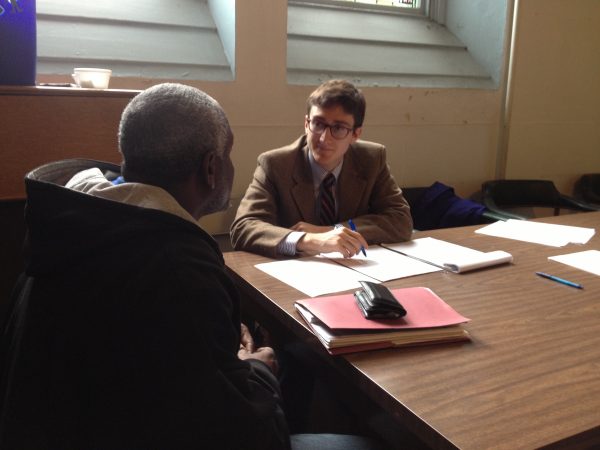
The Clearinghouse was distinctive not only because of its collaborative nature, but also because it presented a unique opportunity to non-litigators. “If the focus is only on litigators, in some ways you’re disenfranchising lawyers from a meaningful ability to take their special skills and use them in a pro bono way,” said Abromowitz.
Paine, who now volunteers through the Massachusetts Access to Justice Commission agreed. “I think these types of programs are incredibly important because they act as a beacon, shedding light on issues lawyers might not know about,” she said.
Since its founding, the Clearinghouse has provided volunteer opportunities for thousands of lawyers who assist clients with mainly transactional work in areas including real estate, employment, corporate, and nonprofit law. This has an added benefit of keeping the Clearinghouse budget low and the value of services high. Without having to rely on staff attorneys alone, the Clearinghouse leverages 20 times its annual budget in donated legal services.
Because of this success, the Clearinghouse has served as the model used by bar sponsored pro bono groups throughout the country in establishing similar programs, including the District of Columbia, Rhode Island, and Maryland and it received the American Bar Association’s Pro Bono Partnership Award in 1991.
Expanding the Scope of Services
Since the early years, the Clearinghouse has adapted to the changing needs in the Commonwealth. It has added programs to provide direct legal services to homeless individuals and expanded its legal services to a broader nonprofit base.
The Massachusetts Legal Clinic for the Homeless
In 1994, the Lawyers Clearinghouse launched the Massachusetts Legal Clinic for the Homeless at Pine Street Inn. As one of the Clearinghouse’s first nonprofit clients, the shelter believed that many of its guests could be lifted out of homelessness if they had a lawyer to help them. Again, the Clearinghouse tapped its connections with area law firms to address the issue of housing and homelessness through pro bono work.
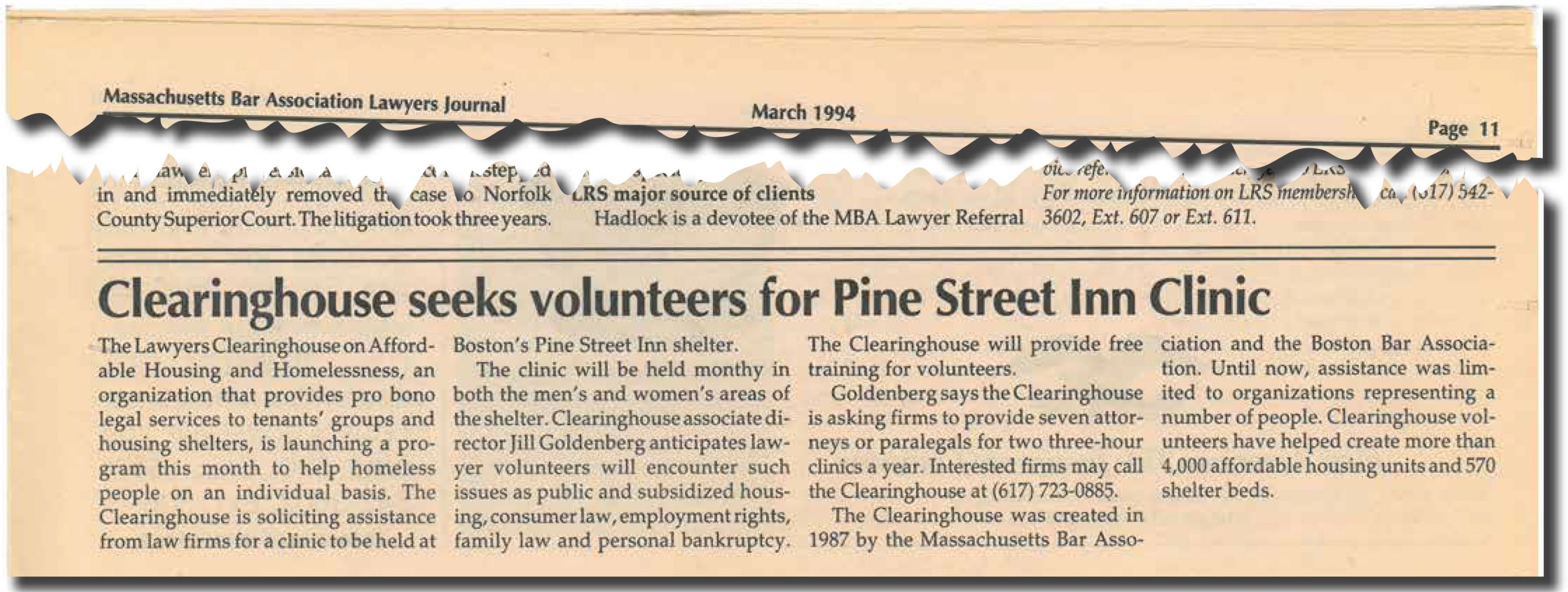
The clinic now operates 16 to 18 times a year at four Boston shelters, including Pine Street Inn, Pine Street Inn (IMPACT), St. Francis House and Cardinal Medeiros Center. Lawyers from 9 area firms— Brown Rudnick; Choate Hall & Stewart; Edwards Wildman Palmer; Goulston & Storrs; Mintz Levin; Nixon Peabody; Nolan Sheehan Patten; Ropes & Gray; and WilmerHale—take turns staffing the Friday morning clinics.
There, they meet with low-income and homeless clients looking for legal help and assess whether they or someone else at their firm will be able to assist them on a pro bono basis. Common cases include helping clients obtain Social Security or unemployment benefits, assisting them with housing issues, and addressing CORI-related matters.
Expanding Nonprofit Legal Services
In 2001, the Clearinghouse teamed up with the BBA to form the Business Law Pro Bono Project to bring more pro bono opportunities to business and transactional attorneys and to expand the nonprofit client base outside of affordable housing and homelessness organizations. To qualify for this program, an organization had to provide services to low or moderate income people or serve a compelling community need.
To strengthen the sector, the Clearinghouse also began offering more legal workshops for nonprofits. The workshops continue today and cover the various legal aspects of running a nonprofit, such as how to achieve tax-exempt status and best employment practices. The Clearinghouse partners with others including Volunteer Lawyers for the Arts, Boston Private Bank & Trust Company, and Goodwin Procter for many of the workshops.
Most recently, in 2011, the Clearinghouse added the Legal Assessment Program to its list of services to nonprofits whereby nonprofits can get a team of pro bono lawyers to perform a “legal check-up” of the organization to ensure that their operations are compliant and using best practices. This is a vital tool to nonprofits in an era where transparency and efficiency is so important to the nonprofit sector.
The Clearinghouse Today
As in its early days, the Clearinghouse today continues to bring parties together. Nonprofits and homeless individuals need legal help, but cannot afford lawyers. Transactional lawyers want to take pro bono cases, but need help to get involved. The Clearinghouse bridges this gap and harnesses the power of Massachusetts legal professionals to strengthen communities.
“The ability of nonprofits and individuals to obtain the quality legal assistance they need on any and all legal fronts, made the Lawyers Clearinghouse, and more importantly the lawyers on its panels, an invaluable asset in the fight against homelessness,” said Marcus. “The fact that it is now celebrating 25 years of service is a testament to the enduring desire of the bar to make a difference, and a milestone of which we should all be proud.”


